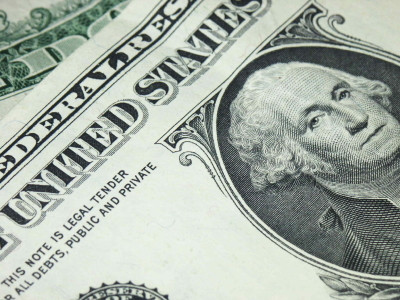It’s critical to identify any credit report errors and report them as soon as possible. These aren’t just inconveniences and they can have a substantial impact on your short-term and long-term future. While credit scores can occur for a variety of different reasons, they should never have a permanent impact on your quality of life. Understanding the potential impacts credit errors can have is a great first step towards minimizing their negative effects and ramifications.
Higher Interest Rates
When lenders review your credit report as part of their decision-making process, they use it to assess your creditworthiness. You may be offered loans or credit cards with higher interest rates if you appear to be a bigger risk due to a credit report error that you weren’t responsible for. Elevated interest rates lead into more significant expenses over the life of any withstanding loan or credit card balance. For example, when purchasing a home, a slightly higher interest rate can result in thousands of dollars in additional interest payments over the course of a long-term mortgage.
Loan Complications
Your credit report heavily determines whether you are a suitable candidate for credit from a lender’s perspective. High-risk borrowers may find their credit applications denied. Significant expenses like buying a home, financing a car, or covering emergency medical bills suddenly are much more problematic processes.
The frustration of securing a loan may only compound if you’re dealing with credit reports errors. You may have to deal with less favorable terms, due to a mistake that was out of your control. Lenders may offer you smaller loan amounts, require larger down payments, or impose shorter repayment periods. Paying bills, covering monthly expenses, and reaching your financial goals can seem impossible.
Examples of Common Credit Report Errors
Here are a few prevalent credit report errors that individuals often encounter:
- Inaccurate phone numbers, name, addresses
- Closed accounts reported as open accounts
- Inaccurate date of an account opening or closing
- Inaccurate date of last payment
- Account balance errors or credit limit errors
- Fraudulent accounts opened through identity theft
- Accounts that do not belong to you
- The same account appearing multiple times with different creditors
- The same debt being reported multiple times
Correcting Credit Report Errors
If you discover errors on your credit report, take the following steps to address them:
Contact the Credit Bureau
Notify the credit bureau that is reporting the error in writing. Provide clear documentation to support your dispute, such as receipts, statements, or correspondence with creditors.
Allow for Investigation
Credit bureaus are obligated to investigate your dispute within 30 days. During this time, they will reach out to the creditor or lender in question to verify the accuracy of the information.
Review the Investigation Results
Once the investigation is completed, the credit bureau will provide you with the results. If the error is resolved in your favor, they will furnish you with an updated and corrected credit report. If the credit bureaus have not taken the necessary steps to correct these errors despite your repeated attempts, you may have grounds for legal action against them. A Florida credit report error attorney can help determine if you have a potential legal case for compensation.





No Comment